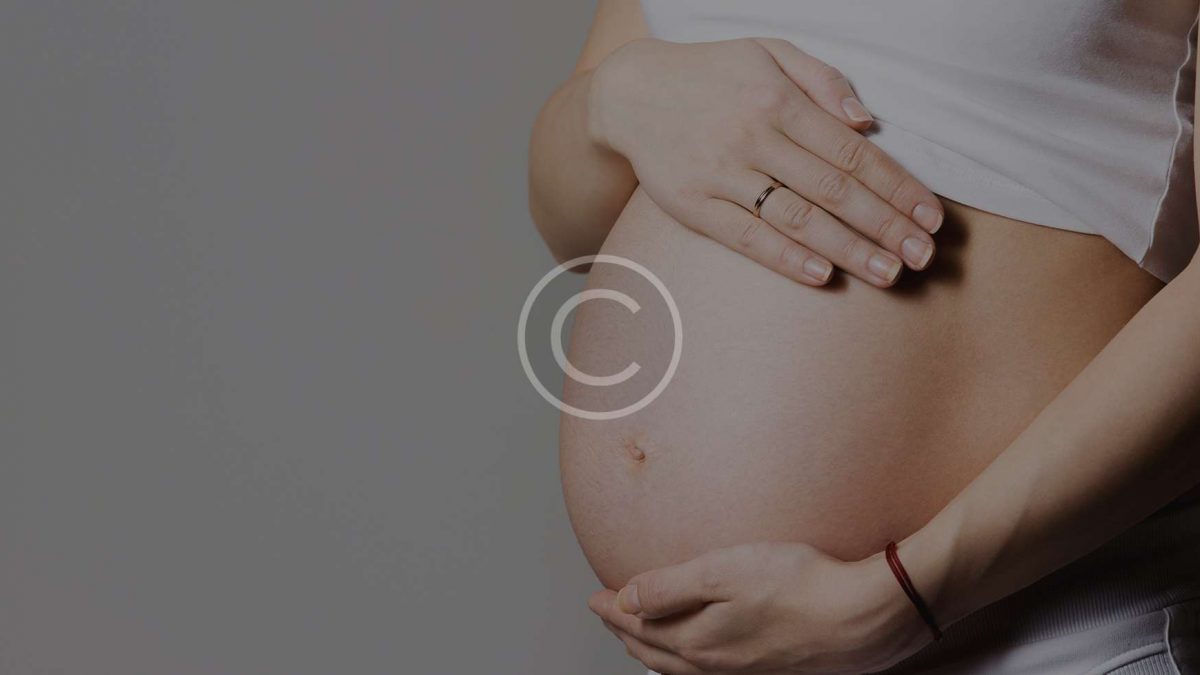
Risk factors in male fertility
20 October 2020If you experience pain before and during your periods as well as sometimes have pain when you urinate and have a bowel movement, you should consult your OB/GYN for the possibility of endometriosis – especially if you want to have children. Endometriosis affects about 11 % of women in the United States and over 176 million worldwide. Thirty to 50% of the women who have this condition experience fertility problems.
Endometriosis is a condition where the tissue, called endometrium, that normally grows only inside your uterus also grows as implants outside the uterus. The endometriosis implants can be present on your ovaries (often visualized as “chocolate cysts” by ultrasound), fallopian tubes and the lining of your pelvis and cause scar tissue in your reproductive organs that can impair fallopian tube function and patency.
Risks and Symptoms of Endometriosis
You may be thinking; don’t many women experience painful cramping with their periods? And the answer to that question is: yes. Most women experience period pain at some point in their life, especially before childbirth. And even though most women with endometriosis do experience pain and other symptoms during their periods, some don’t.
If you want to know if your painful periods are a symptom of endometriosis, consider these risk factors and other symptoms. Risk factors include:
- Never having given birth
- Starting your period at an early age
- Heavy menstrual bleeding
- Low body mass index
- A family history of endometriosis
In addition to painful periods, other symptoms may include:
- Chronic pain in your lower back and pelvis
- Pain during sex
- Painful bowel movements
- Pain when urinating
- Spotting or abnormal vaginal discharge between periods
- Infertility
Infertility and Endometriosis
Endometriosis can definitively only diagnosed by surgery and pathology examination of removed endometriosis lesions. Often women first learn they have the condition when they have fertility problems. Some women with endometriosis just take longer to get pregnant than those without it and don’t require medical assistance. But for many who long for a child, fertility problems seem insurmountable and medical assistance is sought.
There are different ways that endometriosis can interfere with your efforts to get pregnant. Some of them include:
- Obstruction and/or scarring of the fallopian tube, which keeps the egg and sperm from uniting
- Distorted anatomy of the pelvic organs
- Impaired egg quality
- Impaired implantation of the fertilized egg, called an embryo.
Infertility Treatment Options for Endometriosis
The good news is that there are many ways the fertility specialists at Global Fertility & Genetics in New York can treat your condition and help you have a healthy baby. While there is no cure for endometriosis, there are treatment options to alleviate your symptoms, especially pain, and address your infertility issues.
Pain treatment options:
Hormone therapy for pain
Gonotropic-releasing hormone (GnRH) agonist helps regulate the hormone responsible for ovulation and the growth of endometriosis. This hormone treatment temporarily puts your body into menopause while your endometriosis tissue shrinks, and is only taken temporarily. Once you stop and your period returns, you increase your chances of getting pregnant.
Surgery
Currently, the main indication for surgical removal of endometriosis is pain. Such surgery is usually performed laparoscopically, which is a minimally invasive procedure. For severe cases of endometriosis, the physician may need to perform open surgery through the abdomen, although this is rarely needed.
Infertility treatment options for endometriosis include:
Assisted Reproductive Technology (ART)
The fertility experts at Global Fertility & Genetics may suggest ART options such as in vitro fertilization (IVF). In IVF, the sperm and get are combined in a laboratory to create an embryo. The resulting embryo is then implanted into the woman’s uterus while she her endometrial lining is supported with administration of hormones.

